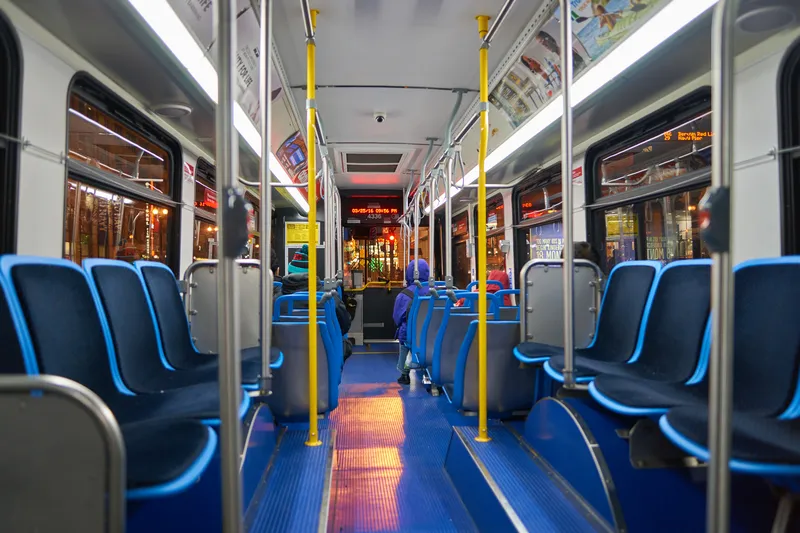
Commuter app Moovit is now being used by Link Transit, the regional public transportation provider centred in Burlington in the US state of North Carolina.
Burlington public transit riders can plan, pay and navigate journeys in the Moovit app.
Link Transit operates five fixed routes and a door-to-door demand response service for persons with disabilities, which is available in Burlington, Gibsonville, Elon, Mebane and to and from Alamance County Office Building and Courthouses and Alamance Community College.
Moovit’s iOS, Android and Web apps, introduced in 2012, allow users to get to their destination using any mode of public and shared transportation. Transit riders can benefit from mobile ticketing to plan, pay and ride with transit services. Moovit says that its app now serves over 1.5 billion users in more than 3,500 cities across 112 countries in 45 languages.
Moovit users also have access to premium features such as Live Vehicle Tracking. Moovit guides people in getting around using public transport, including being able to plan, pay for and navigate journeys with real-time arrival information. The app provides users with multimodal journey planning with real-time arrival information so they know when their bus is arriving, a Live Directions feature with deboard alerts and Service Alerts to avoid disruptions.
Moovit has also integrated Uber, allowing users to plan and navigate Burlington and beyond. Riders can view the live location of Link vehicles via icons moving across the map in real-time, providing users greater insight into their route’s progress.
“Moovit provides Link Transit riders free access to some of Moovit’s best features,” said John Andoh, transit manager for the city of Burlington, the administrators of Link Transit. “They can plan a trip, pay for a trip, track a trip and book Uber rides when Link Transit services are unavailable. Passengers will soon be able to book and cancel paratransit trips with Moovit.”
“By offering journey planning and payment and premium features with an ad-free experience, we are making public transit more accessible, efficient and user-friendly for Burlington residents and visitors alike,” said Gil Balog, chief operations officer at Moovit.









